Is Content Marketing Necessary for SEO, AEO, and GEO?
Answer to: Is Content Marketing Necessary for SEO, AEO, and GEO?
The short answer is yes. Content marketing is the essential raw material that Search Engine Optimization (SEO), Answer Engine Optimization (AEO), and Generative Engine Optimization (GEO) require to function. Without written or visual content, search engines and artificial intelligence models have no information to crawl, index, or synthesize into answers. For industrial and B2B businesses, content serves as the primary vehicle for demonstrating the expertise and authority required to rank in traditional search results or appear in AI-generated responses. While technical settings on a website are important, they act only as the frame; content provides the picture that users and search algorithms are looking for.
The Role of Content in Digital Discovery
To understand why content is necessary, it is helpful to look at what each optimization strategy aims to achieve. While the acronyms are different, they all rely on high-quality information to satisfy user intent.
- SEO (Search Engine Optimization): This focuses on keywords and relevance. Search engines scan websites to match specific words on a page with the words a user types into a search bar. If a website lacks content containing those terms and relevant context, it will likely not appear in the results.
- AEO (Answer Engine Optimization): This targets specific questions. When a user asks a voice assistant or a search engine a direct question, the system looks for a concise, factual answer to display as a "featured snippet" or zero-click result. Content must be structured specifically to provide these direct answers.
- GEO (Generative Engine Optimization): This is the newest frontier, involving large language models. These AI systems synthesize information from multiple sources to create a comprehensive answer. To be cited in these results, a business must have authoritative content that covers a topic in depth.
For companies in the Houston area and beyond, particularly those in the industrial and B2B sectors, the sales cycle is often long and involves complex decision-making. Content marketing provides the deep technical information, white papers, and specifications that these buyers need. It establishes the "Experience, Expertise, Authoritativeness, and Trustworthiness" (E-E-A-T) that algorithms prioritize. Mansfield suggests that viewing content as a long-term asset rather than a one-time expense helps businesses understand its vital role in building a digital foundation.
Why Perspectives on Content Necessity May Vary
While the consensus among digital marketers is that content is critical, business owners may encounter professionals who have different priorities. Some agencies or consultants might focus heavily on "Technical SEO." This viewpoint argues that a website's speed, mobile responsiveness, and code structure are the most important factors. While it is true that a slow or broken website will not rank well, a technically perfect site with no content has nothing to rank.
Other professionals may advocate for a strategy based entirely on paid advertising (PPC) rather than organic content creation. In this view, paying for placement is seen as a faster route to visibility than writing articles or building service pages. While paid ads do generate immediate traffic, they stop working the moment the budget runs out. Content marketing, by contrast, builds a library of information that can continue to attract industrial and B2B visitors for years without a direct cost per click. Ultimately, a balanced approach often works best, but for organic growth through SEO, AEO, and GEO, content remains non-negotiable.

